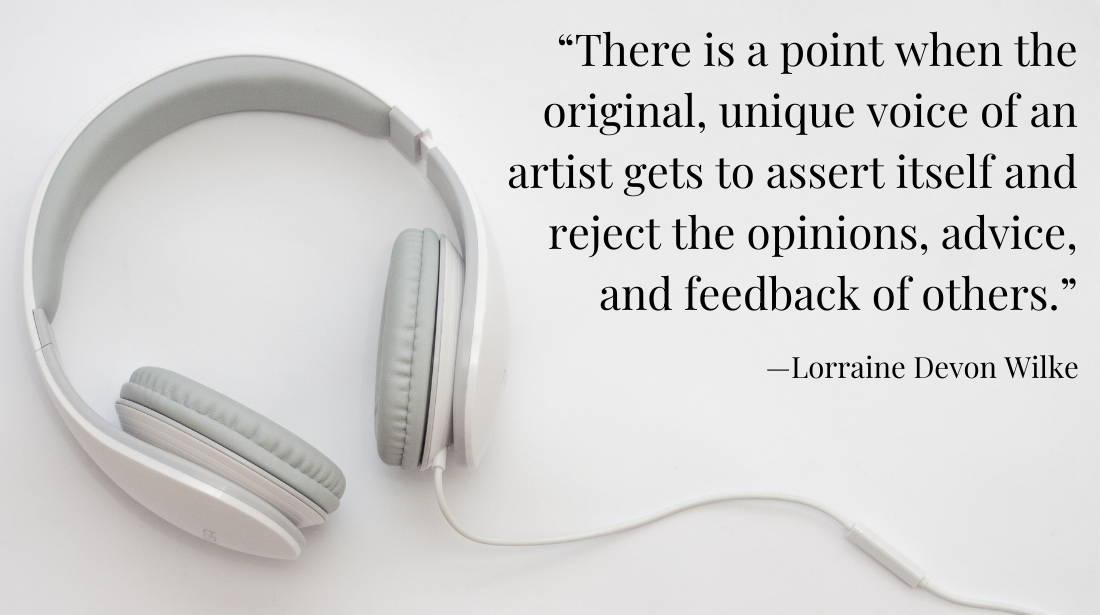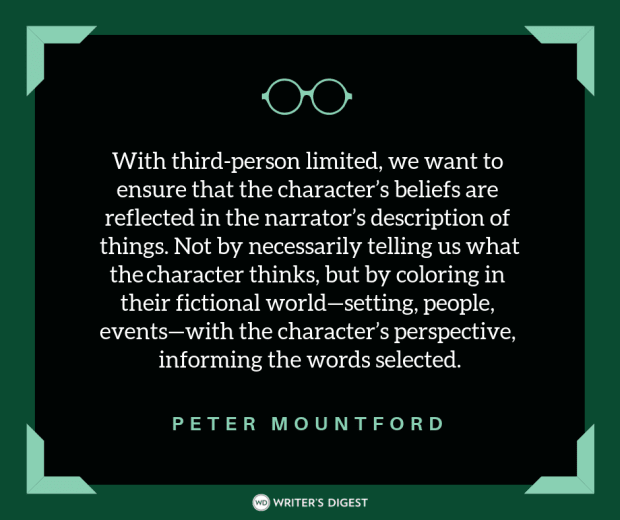The 7 Essential Elements of a Bestselling Novel
On Wednesday afternoon, legal thriller author and writing instructor William Bernhardt (the Ben Kincaid series) outlined the 7 elements he says make for an unputdownable novel–be it thriller, mystery, suspense or other. Here are his his guidelines for crafting a blockbuster.
On Wednesday afternoon, legal thriller author and writing instructor William Bernhardt (the Ben Kincaid series) outlined the 7 elements he says make for an unputdownable novel--be it thriller, mystery, suspense or other. Here are his his guidelines for crafting a blockbuster.
1. Readability
All authors should strive for clarity, but bestselling authors go beyond simply getting the point across by creating a narrative that’s “unputdownable.” Extreme readability is the result of writing, rewriting, editing and rewriting again. That hard work and “multiple drafts and revisions … create smooth, engaging novels.” Don’t skimp on the revision process: It may be the one step that separates the hopefuls from the headliners.
2. Strangeness
“You don’t need fantastical elements” to create a “strange new world” for your protagonist. Introducing your lead character to something wholly unfamiliar to his daily life “adds tension and introduces intrigue” to your story. Secret societies, family secrets, clandestine goings-on in the office--these are all realistic “strange worlds” that can build a reader’s (and character’s!) curiosity.
3. Controversy
Many writers shy from controversy to avoid alienating or offending readers. Bernhardt, however, suggests going all-in: “For every protester, you’ll find five new readers who want to know what the fuss is about.” And don’t think that controversy is limited to plotlines featuring current events or divisive ideas, because your characters can be controversial, too. Bernhardt cites Margaret Mitchell’s most famous character, Scarlett O’Hara of Gone With the Wind, as an example: “[She was] spoiled, manipulative and generally unlikable” until readers “connected with her hardships.” If you envision a lead character who isn’t the nicest guy ever, that’s ok; your readers can find “a point of relatability [through] struggle,” even if your hero is kind of a jerk.
4. Big Actions with Big Consequences
If your lead misses her bus but then gets right on the next without incident, you’ll lose a reader’s attention pretty quickly. But if she misses the bus and then ends up on the one being hijacked by militant bakers angry about a local buttercream frosting shortage, you can spin a (relatively) riveting tale that requires characters to make big choices, face big fears, and undergo big changes. “If the consequences aren’t difficult or the choices aren’t hard, no [reader] is going to care. And if no one cares, then it doesn’t matter what happens in your story.”
5. Nuanced Uniqueness
One could argue that all legal thrillers are inherently similar. The key to producing one that stands out, says Bernhardt, is writing something that’s “the same, but different.” Sticking to one genre is fine--some might even say preferred--but each story must have “its own unique elements [or a] new spin” to appeal to readers. If your world-saving lawyer seems to similar to other characters like him in the same genre, give him some “interesting backstory, personality traits, hardships” or even a disability. There’s infinite room for variation within a theme, so find one you’ve never seen and run with it.
6. Extreme Situations
Thrillers are especially reliant on full-throttle plots and high-stakes games. When it comes to inserting your character into sticky situations, “do not be afraid to go extreme.” Pit your character “against every odd.” There’s no real limit except your own creativity; get your characters as deeply in trouble as you can, and then figure out what they would do when “it’s make or break, do or die.”
7. Reasons to Care
“Your readers need reasons to care about your characters--that’s why they’ll care about your story.” Ensure that your characters have genuine emotions, are in emotional distress or uncertainty, and that “that hardship is relatable” to your readers. “People talk about the things they care about; if they care about your book, they’ll tell other people about it.” And we all know word of mouth is the most effective selling tool.
Adrienne Crezo is the former managing editor of Writer's Digest magazine. Follow her on Twitter @a_crezo.








